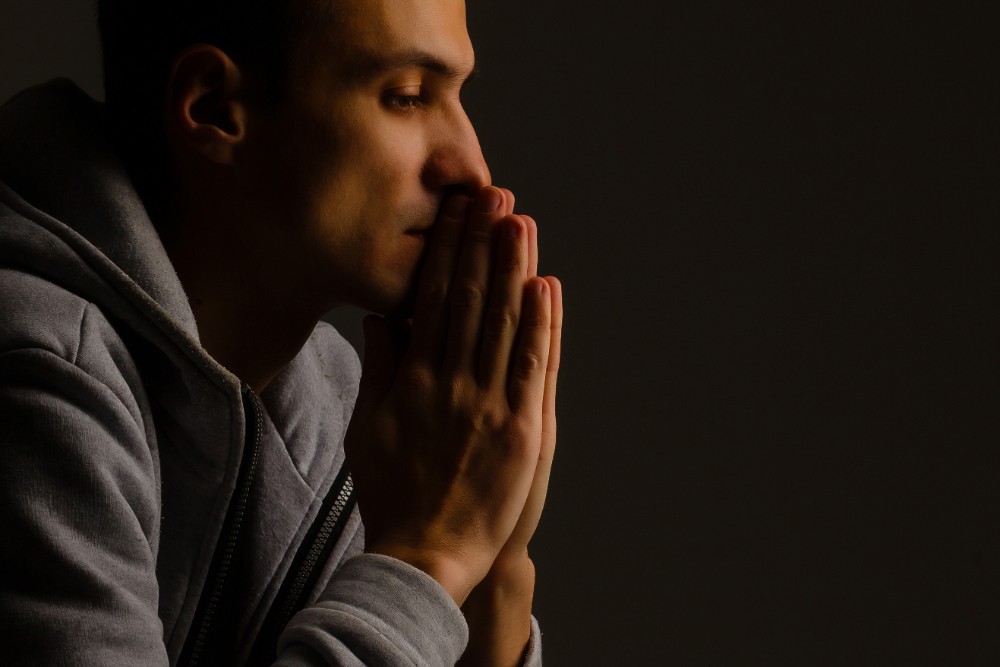Spirituality and religion find themselves integral players in the therapeutic process in the 21st century, a trend fueled by the central role they occupy in everyday life. For example, one study indicated that 61% of Americans consider themselves to be moderately or very religious, while another survey revealed that over 40% of Americans have had a religious experience that altered the course of their lives. Most mainstream thinkers equate both religiousness and spirituality with a belief in a higher power. Despite any differences between the two phenomenons, one study found that 74% of participants identified themselves as both spiritual and religious. Meanwhile, the American Psychological Association has acknowledged the important role that spirituality and religion have to play in the psychotherapeutic process. Academics tend to view religion as being associated with an established church or philosophy, while some scholars have described spirituality as a search for the sacred. The esteemed 19th-century psychologist William James asserted that one’s religious belief was strongly correlated to healthy psychological function and urged psychologists to study how religion might play a part in promoting well-being. Martin Seligman, the founder of the modern Positive Psychology movement, mirrors James’ sentiments, advocating that transcendent experiences are a powerful vehicle for reaching an increased sense of well-being. A spiritually transcendent experience can be described as a state which extends or lies beyond the limits of ordinary experience, and individuals who report such experiences usually describe them as having a heightened emotional, physical, or mental sensation of awe. All of this considered, it seems that spirituality can play a role in a healthy psychological process and can help improve sense of well being. Not all spiritual experiences are going to be transcendental in nature, but even at their smallest, they have the power to grow into the present with a sense of positivity and wonder. A spiritual practice is a deeply personal journey and doesn’t require any science to draw upon for legitimacy, but knowing that it may bring about a better mental state may increase the desire to maintain it. As the concept of spirituality grows and becomes less restrictive the numbers of people who can become comfortable with a concept of their own increases.
Arbor Behavioral Healthcare is here to help you throughout your recovery journey. We can help you be a healthier version of yourself. Call us today at 844-413-2690. We can’t wait to speak with you and help you today!


